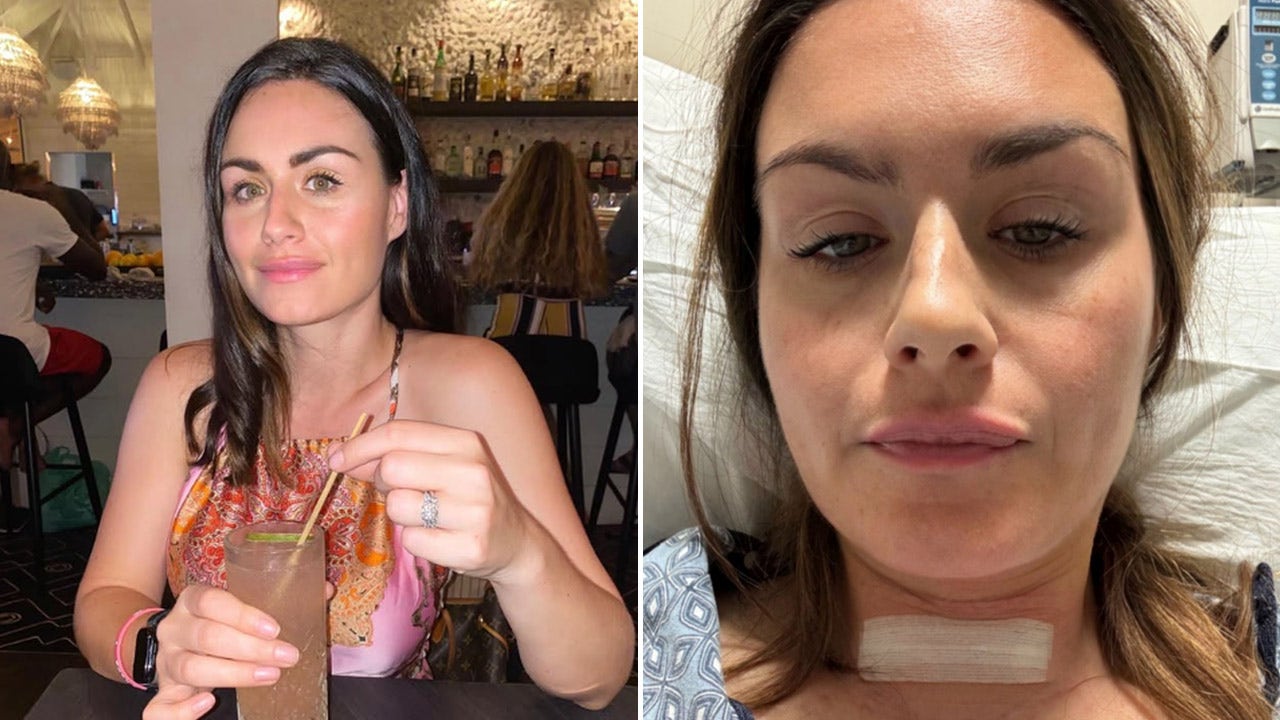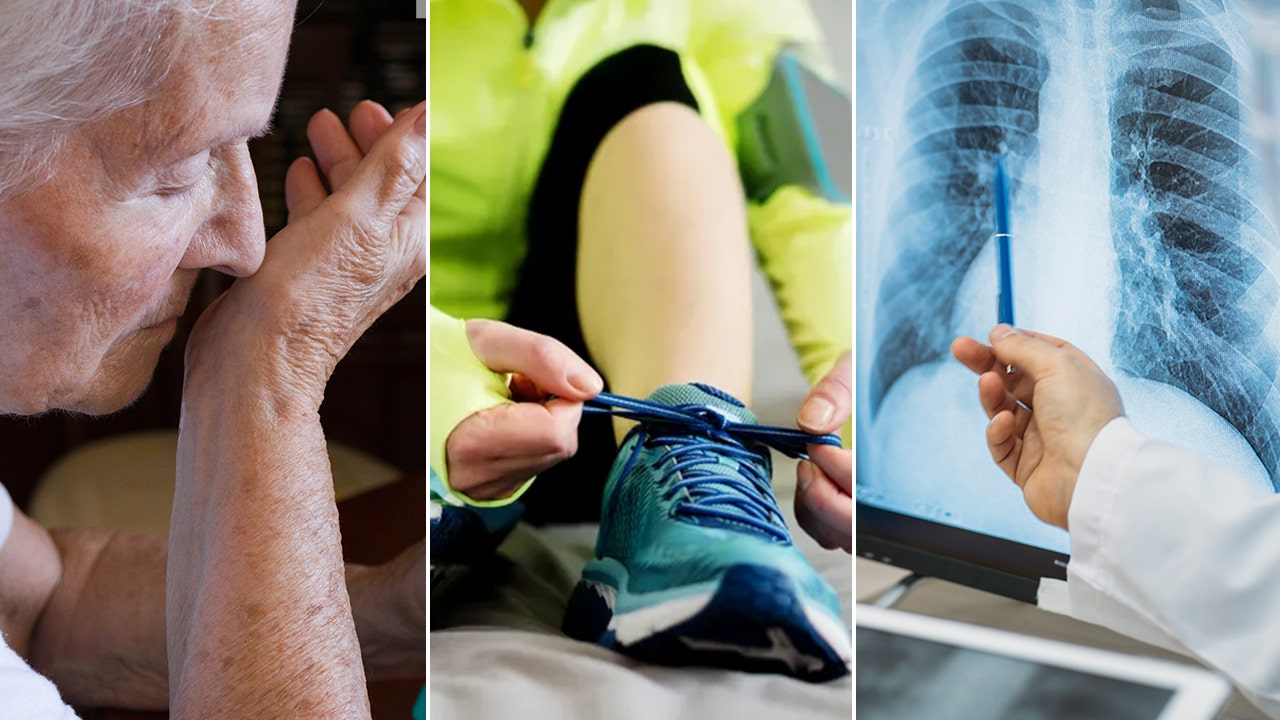‘ChatGPT saved my life,’ says mom who survived cancer after doctors missed it

A mother of two, Lauren Bannon, has credited ChatGPT for saving her life after the artificial intelligence chatbot flagged a condition that doctors had missed. Bannon, who splits her time between North Carolina and the U.S. Virgin Islands, first noticed unusual symptoms in February 2024 when she experienced difficulty bending her fingers in the morning and evening. Despite seeking medical help, doctors initially diagnosed her with rheumatoid arthritis, even though tests came back negative for the condition.
As her health continued to deteriorate, Bannon began experiencing severe stomach pains and rapid weight loss. Doctors attributed her symptoms to acid reflux, but Bannon was not convinced. Desperate for answers, she turned to ChatGPT, a large-language model developed by OpenAI. The chatbot suggested that she may have Hashimoto’s disease, an autoimmune condition that affects the thyroid gland.
Despite her doctor’s skepticism, Bannon insisted on being tested for Hashimoto’s disease in September 2024. To her surprise, the test results confirmed that ChatGPT’s prediction was accurate, leading to further investigations. An ultrasound revealed two small lumps in Bannon’s neck, which were later confirmed to be cancer in October 2024.
Bannon underwent surgery to remove her thyroid and two lymph nodes in January 2025. She now requires lifelong monitoring to prevent the cancer from returning. Reflecting on her experience, Bannon expressed gratitude for ChatGPT, stating that she would not have discovered her condition without the chatbot’s help.
“I felt let down by doctors. It was almost like they were just trying to give out medication for anything to get you in and out the door,” Bannon said, emphasizing the critical role that ChatGPT played in her diagnosis. Despite not exhibiting typical symptoms of Hashimoto’s disease, Bannon believes that her condition and subsequent cancer diagnosis would have gone undetected without the chatbot’s intervention.
Encouraging others to use AI tools like ChatGPT to investigate their health concerns, Bannon also emphasized the importance of consulting with medical professionals for proper evaluation and treatment. Dr. Harvey Castro, a board-certified emergency medicine physician, echoed this sentiment, highlighting the potential of AI tools to enhance healthcare outcomes while underscoring the need for human expertise in diagnosis and treatment.
As Bannon continues her recovery journey, she hopes that her story will inspire others to take charge of their health and advocate for thorough medical evaluations. The transformative role of AI in healthcare is evident in her experience, underscoring the importance of leveraging technology to improve patient outcomes.




